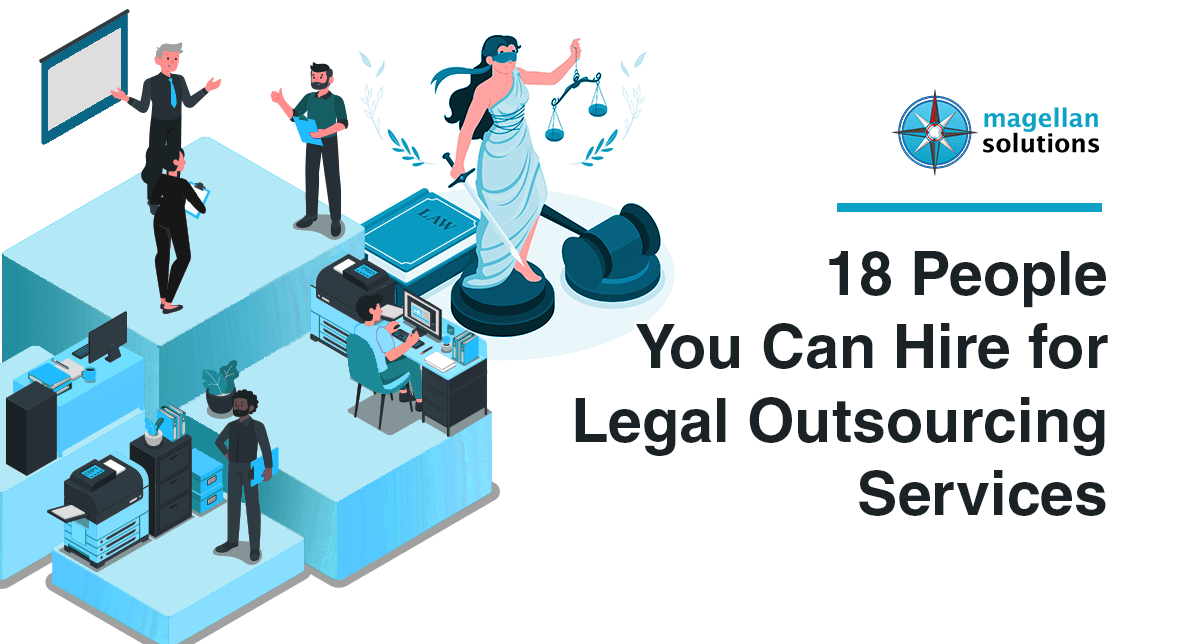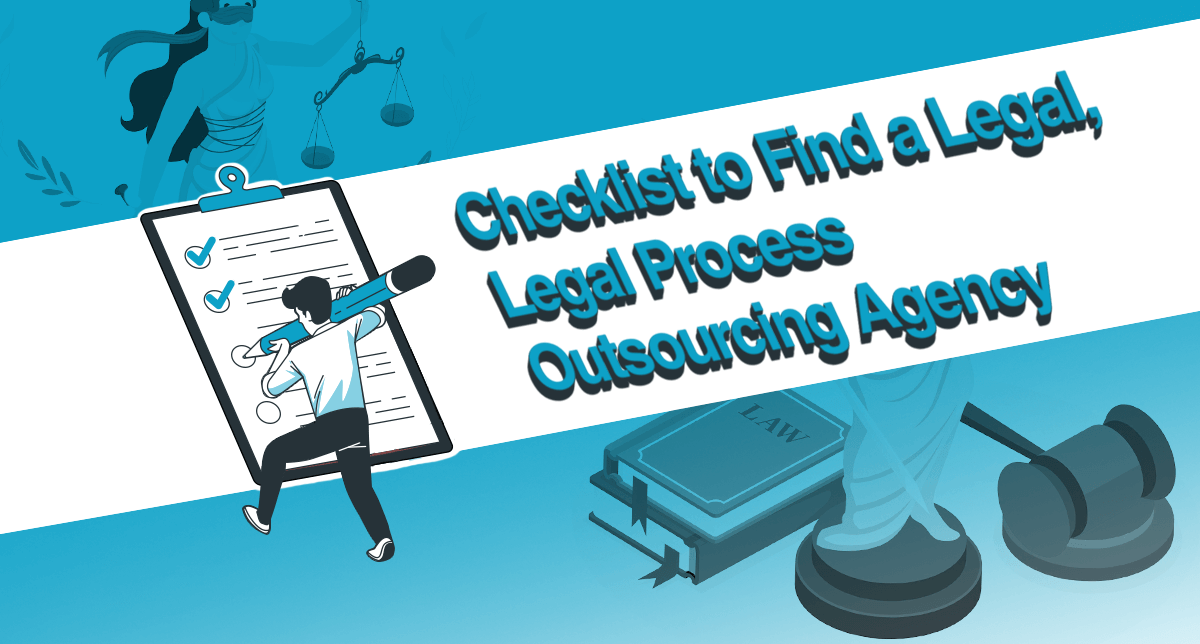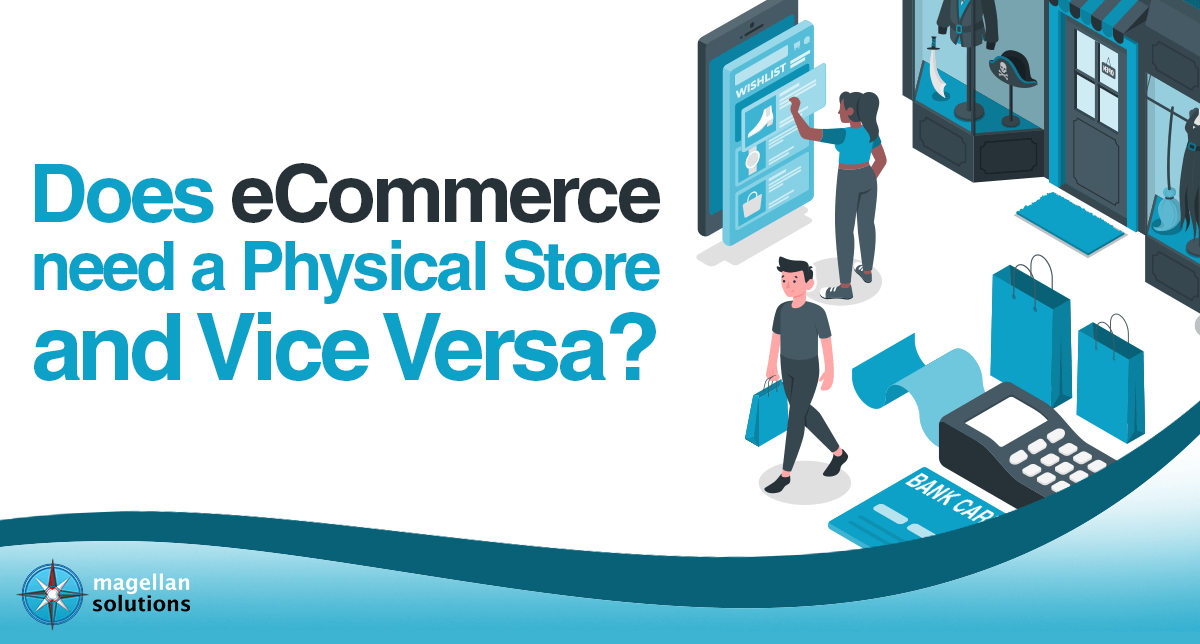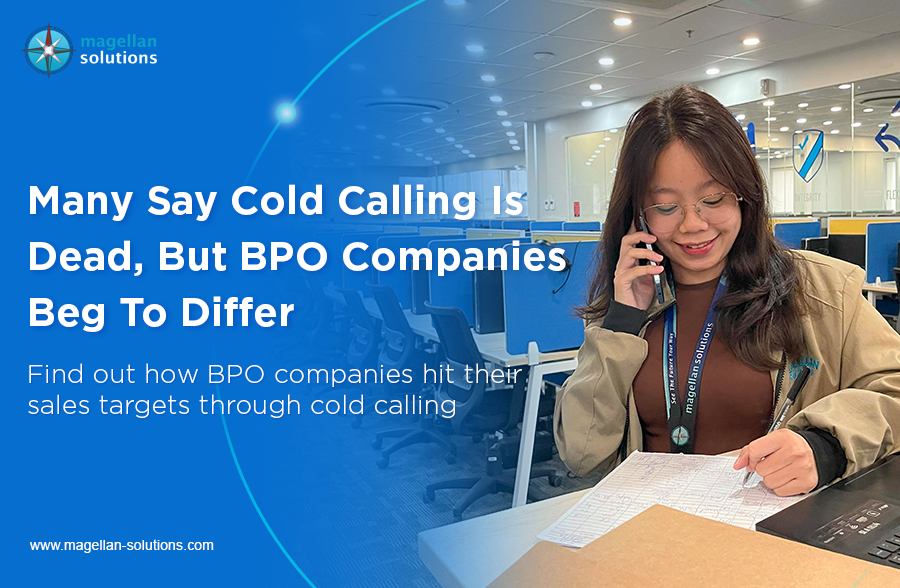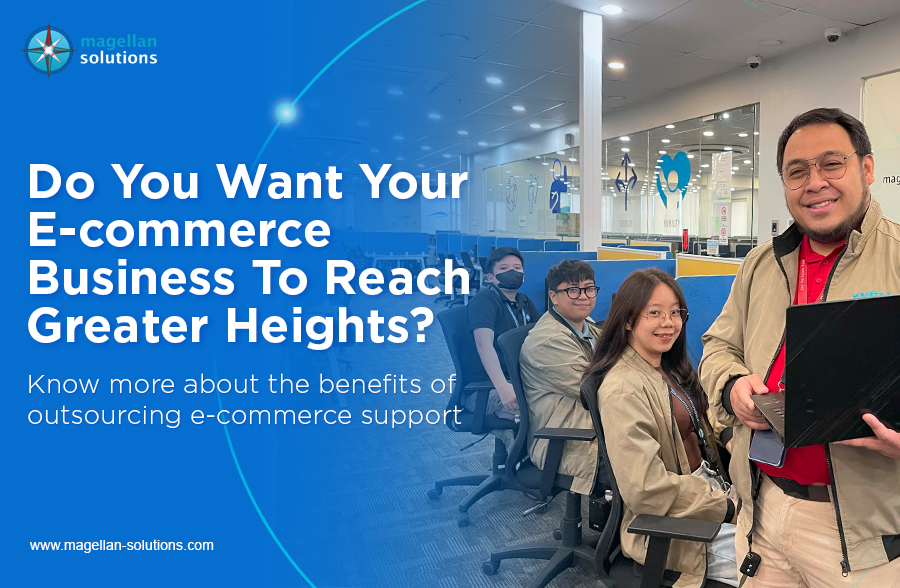Schedule a FREE call with our outsourcing expert now and get a precise quotation that meets your requirements. Don't wait - get started today!
Impromptu Closure of Physical Stores and opening of e-commerce platforms
Covid 19 has taken a toll on all businesses as the globe spiraled into lockdown. Because of this, bankruptcies and closures caused a lot of retail declines.
In the first half of 2020, BDO USA reported that at least over 20 big retailers have filed for bankruptcy protection until August. Also noted is that bankrupt retailers have closed almost 6,000 stores just before 2021. The majority of the closed-down stores were apparel businesses. A commodity that consumers found less critical as they have been staying indoors for most of 2020.
Many of these retailers are still keeping their websites up and running, encouraging consumers stuck up at home to order online instead. But it is unclear what kind of demand they see for apparel and home goods.
Conversely, retailers such as Walmart and Costco have experienced increased demand. Essentials such as food, medicine, and cleaning supplies have seen a surge in demand due to the pandemic.
Bankruptcy doesn’t necessarily mean going out of business. It’s just that the pandemic has been destructive from all angles for most retail industries. And with the destruction, companies are forced to remodel and be able to pick themselves up from the sudden decline.
In the U.S., there is Chapter 11 or the Bankruptcy Code. Chapter 11 is typically used to reorganize a business, whether a corporation, sole proprietorship, or partnership. A case filed under Chapter 11 of the United States Bankruptcy Code is frequently called a “reorganization” bankruptcy. This version of bankruptcy gives the debtor a fresh start.
The first step for an e-commerce online store
Below are some of the biggest retailers that have reformatted their structure with Chapter 11:
Ascena Retail
The company is shedding some 1,600 of its approximately 2,800 stores as part of a Chapter 11 restructuring aimed at paring around $1 billion in debt.
Brooks Brothers
When it entered Chapter 11, the country’s oldest ready-to-wear clothing retailer had already opted not to reopen 20 percent of its roughly 250 U.S. stores that went dormant in March, and it’s expected to close its three U.S. factories.
CEC Entertainment
As of late October, CEC had reopened 346 of its 555 company-run outlets that were shuttered in spring by the pandemic. In October, CEC secured court approval to raise $200 million in financing for business operations and costs associated with a reorganization plan the company says has been approved by most creditors.
Century 21 Stores
The family-owned department store was unable to outlast the pandemic. It will wind down operations and close all 13 of its mostly New York City–area locations under Chapter 11 proceedings.
GNC
The company has closed nearly 1,300 stores in the U.S. and Canada as part of its Chapter 11 restructuring.
Guitar Center
The country’s biggest retailer of musical instruments filed for Chapter 11 reorganization eight days after unveiling a restructuring plan to pare nearly $800 million from its $1.3 billion debt load.
J.C. Penney
J.C. Penney appears set to exit bankruptcy after winning court approval on Nov. 9 for sale to its two biggest landlords.
Crew
The company’s Chapter 11 restructuring appears set to alleviate at least one of those problems, with lenders agreeing to convert nearly all of J. Crew’s $1.7 billion debt into equity.
Lord & Taylor
Fashion rental startup Le Tote acquired Lord & Taylor 25 days after both companies filed for Chapter 11 protection.
Neiman Marcus
The company won court approval for a reorganization plan to eliminate more than $4 billion in debt and emerged from Chapter 11 in late September under new owners.
Pier 1
Its Chapter 11 filing came a few weeks before the shutdowns and stay-at-home orders. But the coronavirus finished what years of shrinking sales and spiraling losses started.
Stein Mart
After filing for Chapter 11 bankruptcy, the discount department store ceased e-commerce and commenced going-out-of-business sales at all of its approximately 280 stores.
Tailored Brands
The menswear conglomerate sought Chapter 11 protection two weeks after Aug. 2, announcing plans to reduce its corporate workforce by 20 percent and to close up to 500 of its 1,450 stores. It plans to continue operating while restructuring to cut its debt by at least $630 million.
eCommerce platforms that physical stores may take advantage of
During the coronavirus, e-commerce outsourcingseems to be in a pretty good spot. Shoppers who can’t go outside turn instead to online shopping.
Top 5 best eCommerce platforms and the services you may outsource with Magellan Solutions:
Shopify -Platform for online stores and retail point-of-sale systems.
- Chat support
- Order tracking
- Sending of invoice
Wix – Software company providing cloud-based web development services. It allows users to create HTML5 websites and mobile sites through online drag-and-drop tools.
- Phone support
- Priority service
- Ticket support
- Handling of the site’s interface and SEO
Squarespace
- Site optimization
- Marketing campaign
- Emails
Magento
- I.T. developers
- Accounting
- Content management
- Customer support
- Marketing
- Payments
- Security
- Reporting
WooCommerce
- Payment transactions
- Shipping
- Marketing
- Accounting
With the surge of online shoppers, it is difficult to expect the impact of the pandemic on online sales growth. Everything depends on the function, shopper behavior, and how much longer safety measures are being observed.
Many eCommerce sellers have already added products that were not originally in their stores to meet consumer demands. These include hygiene products, medical supplies, and DIY and self-care-related products. Consumers find it a hassle to have to deal with crowds and lines. The frequent inventory shortages have also been an added frustration for physical groceries.
Traditional Retailers vs. Modern eCommerce Stores
Online retail provides consumers with a convenient and contemporary solution to their purchasing needs, making physical stores look like something from a bygone era. Stores are being created to attract shoppers in the 20th century, while modern e-commerce is being designed to address the needs of the 21st-century consumer.
Online retailers are providing customers with unlimited product choices and information. Consumers can also easily search for and check out their needs.
Despite the struggle of many physical stores, their collapse may not be unavoidable. This is because e-commerce helps small businesses survive by providing them access to a global market. On the other hand, physical stores offer product assurance, as customers may personally inspect before purchasing.
An online seller could build a physical store and brand in the real world. With the traditional store setup, online retail nurtures the customer experience of both products and the retailer itself.
Should eCommerce have a Physical Store and Vice Versa?
The answer to this is yes.
Both markets serve a variety of consumers. Not everyone is comfortable with online purchasing. Some prefer to find the products they need. Meanwhile, a growing generation would instead add their items to a virtual cart as they read for reviews online.
Each of the two brings a certain balance. Hand in hand, the meeting of tradition and modernity would always have more pros than their acting as rivals.
Are you looking for a company that expertly handles all your eCommerce needs?
Magellan Solutions maximizes each customer interaction. For over 17 years, we have provided e-commerce contact center services, allowing customers to contact your business using the most convenient method.
We have served thousands of customers as an ISO and HIPAA-compliant industry. We guarantee the best quality from our professionals.
Contact us now to learn more about our multi-channel capabilities and call center services!


